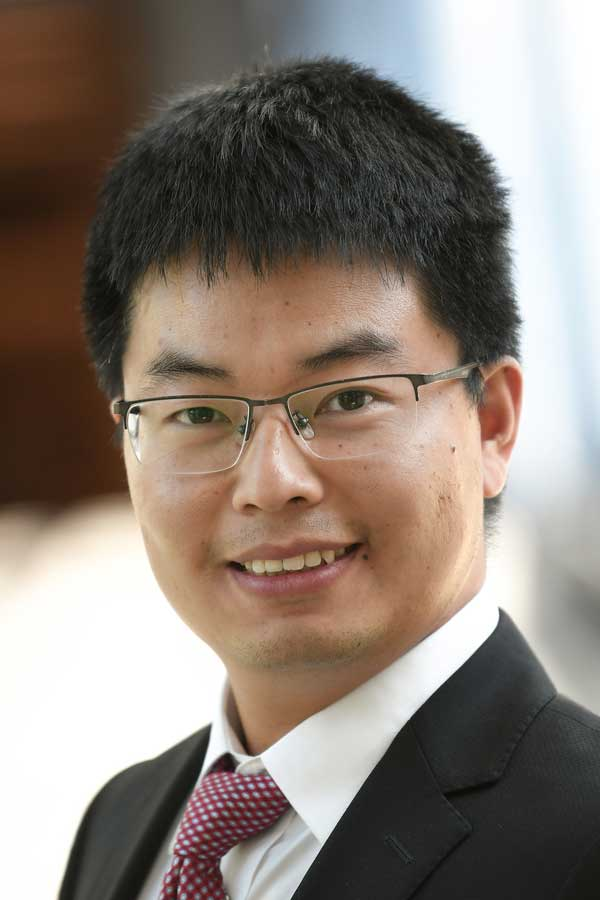Clarkson University Assistant Professor of Civil & Environmental Engineering Suguang Xiao has received a National Science Foundation Engineering Research Initiation award to study deep structural foundations in permafrost.

The $200,000 grant will fund research on how vibrations from earthquakes affect pile foundations, which are being affected by changes in soil properties from increasing temperatures.
This Engineering Research Initiation (ERI) award will support research that investigates the evolution of the dynamic behavior of deep structural foundations in permafrost. Pile response to vibrations from earthquakes is affected by changes in soil properties from increasing temperatures.
Alaska is a seismically active region and has more earthquakes than any other region of the United States. However, the permafrost degradation caused by climate change alters the dynamic response of pile foundations. It also increases the risk of damage to the infrastructure during earthquakes.
Pile foundations support most of the critical Alaskan infrastructure, like the Trans-Alaska Pipeline System, hospitals, and bridges.
“In this project, I seek to enhance our understanding of how the dynamic behavior of pile foundations in degrading permafrost due to climate change evolves during earthquakes by using laboratory and field tests,” says Xiao.
The project will provide research experiences for undergraduates at both Clarkson University and the University of Alaska Fairbanks. The students will assist with instrumentation, soil testing, in-situ tests, and data processing.
In addition, the research team will design and implement an educational and outreach program for middle school science classes that demonstrates the dynamic response of model piles in layers of soil.
“My research is motivated by the Arctic region’s urgent need to understand the performance of pile foundations in the degrading permafrost and to design and build stable, climate and seismic-resilient foundation systems for infrastructure in these regions,” says Xiao.
His research will provide the basis for developing and investigating innovative foundation solutions for permafrost zones, thereby increasing community resilience in the Arctic.
To read more about this award, click here.